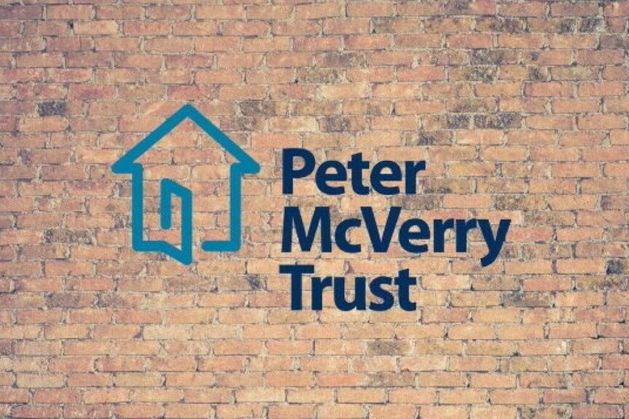This is true but coming from Prone - who has made a living coaching people for media and liaising with journalists behind the scenes - is a bit rich.
It means, to me at least, that she knows what she's writing about!
This is true but coming from Prone - who has made a living coaching people for media and liaising with journalists behind the scenes - is a bit rich.


I bet they didn't see that coming.This latest development means there are now three separate probes going on into the activities at the charity, formerly known as the National Council for the Blind of Ireland (NCBI) – the Charities Regulator investigation, the HSE review into matters of concern and a fact-finding exercise by the organisation itself.
Maybe it's time for State agencies to actually do their job rather than outsource their responsibilities to so-called charities.I often wonder if a Trump style review of all NGOs is warranted at this stage.
Agreed, but then some of those state agencies are actually charities with a Charity Regulator number, something I have never understood as to why?Maybe it's time for State agencies to actually do their job rather than outsource their responsibilities to so-called charities.
I was aware of charities, mainly within the healthcare sector, which receive most of their funding from the State and whose employees are on the same sort of contracts as State employees but I wasn't aware of any that are actual charities.Agreed, but then some of those state agencies are actually charities with a Charity Regulator number, something I have never understood as to why?
There are 11500 charities registered in Ireland, the HSE is probably the largest followed by TuslaWhich agencies have you in mind?

. . . a "Trump-style review" of anything strikes me as a really, really bad idea. The Trump-style reviews that the Trump administration is conducting have all been uniformly shambolic.I often wonder if a Trump style review of all NGOs is warranted at this stage.
SFAIK registration as a charity doesn't automatically entitle you to tax relief; the Revenue make up their own mind about whether your activities qualify for any kind of relief. But anyone who does qualify for charitable tax relief is probably also required by the Charities Act 2009 to register.I presume the charity registration allows them to avail of tax reliefs on their operations, whereas others such as Coillte are incorporated as companies with relevant ministers named as shareholders.
Perhaps the benefit of enabling tax-efficient charitable donations might be a driver.SFAIK registration as a charity doesn't automatically entitle you to tax relief; the Revenue make up their own mind about whether your activities qualify for any kind of relief.
Yeah, that was what I was getting at, there are a number of operations that the public might view as arms of the Government but which are actually incorporated companies rather than. under the direct management of the relevant department.Coillte (and other semi-states) aren't charitable because they are required to operate commercially;
I think the first "stepping stone" would be for the Regulator to break down what are Govt agencies and quangos with a charity number, and what are non Govt agencies.The argument offered in favour is that "so many of them appear to have serious governance issues" but as Peanuts20 points out there are 11,500 registered charities (and there will be many other NGOs that are not registered charities). A review of all of them looks like it would be massively expensive; the cost of the tribunals of enquiry that we've had before would be chickenfeed by comparison. Plus the "so many" agencies that actually have serious issues is probably a tiny, tiny percentage of 11,500.
I agree with you but it does strike me as ironic that the strongest argument against looking into the inefficiencies and waste in the charities sector is the inefficiency and wastefulness inherent in the mechanism we have to conduct such an enquiry.Still no, I think. The argument offered in favour is that "so many of them appear to have serious governance issues" but as Peanuts20 points out there are 11,500 registered charities (and there will be many other NGOs that are not registered charities). A review of all of them looks like it would be massively expensive; the cost of the tribunals of enquiry that we've had before would be chickenfeed by comparison. Plus the "so many" agencies that actually have serious issues is probably a tiny, tiny percentage of 11,500.
There are numerous charities engaged in providing care for sick and disabled children. The HSE has, in recent years, taken over the running of a few of the larger ones. Since doing so their costs have gone up and the level of services they provide have gone down. That's the sort of thing that springs to mind.I'm not sure what you mean by "quango" in this context. Are all of the 11,500 charities that are not established by the state quangos? If not, what's the distiction between a quango charity and a non-quango charity?
Maybe it's time for State agencies to actually do their job rather than outsource their responsibilities to so-called charities.
hat are Govt agencies and quangos with a charity number, and what are non Govt agencies.